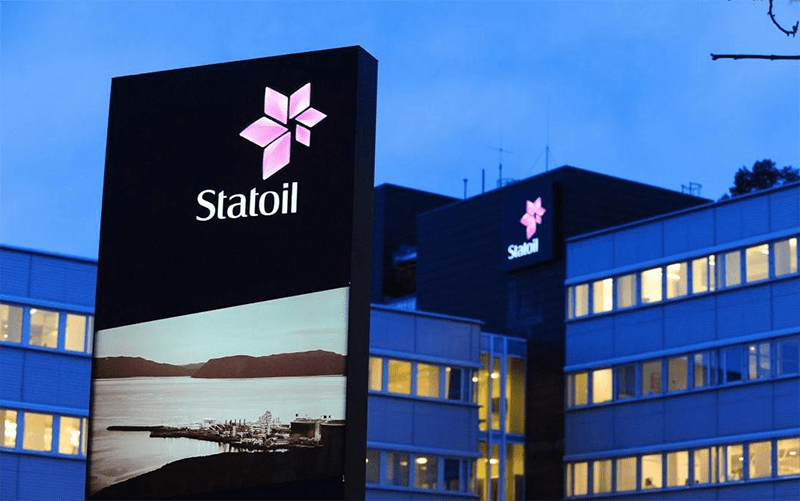Statoil will in 2018 establish a new onshore integrated operations centre (IOC) that will help increase safety, add value and reduce emissions from our installations on the Norwegian continental shelf (NCS).
An integrated operations centre (IOC) is an important step in Statoil’s digital roadmap, and will enable increased production efficiency and production potential on the NCS. In a 10-year perspective, our ambition is that the increase in production from our operated fields could lead to a total annual value creation of around NOK 10 billion before tax.
“The establishment of the centre contributes strongly to our ambition of being a global digital leader. It will enable us to optimise production and better predict support needs, ensuring optimally efficient and safe operations from our operated fields. The centre will be essential to progressing the good improvement work on the NCS, and capturing additional value for Statoil, our partners and society,” says Statoil’s chief executive officer, Eldar Sætre.
The centre may also improve sharing of knowledge in our organisation and further improve our collaboration with our suppliers and partners,” says Sætre.
The location of the new centre will be decided next year. It will integrate Statoil’s existing production support centres and condition monitoring centres, which are located in various parts of Norway.
“The IOC establishment will build on existing condition monitoring and specialist centres. The integrated operations centre will take a more proactive approach by gathering inter-disciplinary resources that may utilise extended data integration, visualisation, analysis and new technology, supporting our installations on the NCS to an even greater extent than now,” says Kjetil Hove, Statoil’s senior vice president for operations technology on the NCS.
The IOC is also intended to make data available in a more user-friendly format, providing the operations organisation offshore with a better decision-making basis and support.
Eldar Sætre, Statoil’s chief executive officer.
Kjetil Hove, Statoil’s senior vice president for operations technology on the NCS.
“When the centre is established next year the Åsgard field in the Norwegian Sea and Grane and Gina Krog in the North Sea will be the first fields getting support from the centre. New fields and installations will gradually be integrated, allowing time for learning and adjustment to new work processes,” says Hove.
The IOC will help ensure that production on the fields is optimally efficient at all times, solving bottle necks through condition monitoring. This will be achieved by means of specialist support within production optimisation and preventive maintenance from inter-disciplinary teams, e.g. within production technology, processing, mechanical and electrical engineering.
“We are now developing tools that will stream data live from the sensors offshore. The tools will help conduct detailed analyses of the production and the performance of equipment on the installations. One important goal for the centre is to identify and prevent operational disruptions,” says Hove.
The centre will initially be set up to support Statoil installations on the NCS, but may in the future also be relevant to onshore plants and the company’s international offshore operations.
The IOC is based on experience from the US and our multi-field operations and production support centres in Norway.
An integrated operations centre will be operational in Austin in December this year. This centre will interact with the field-based centres in Bakken and Eagle Ford.



